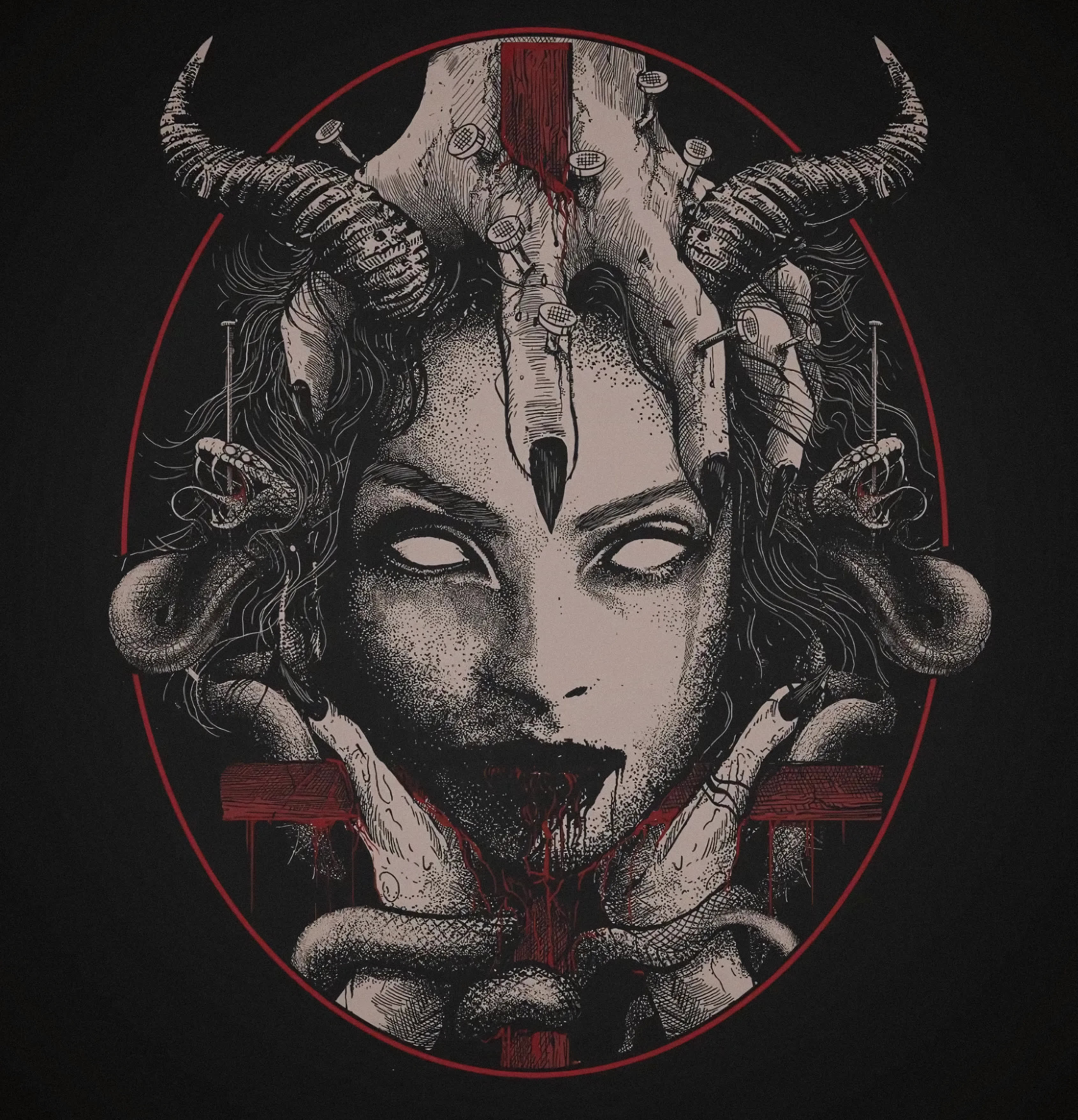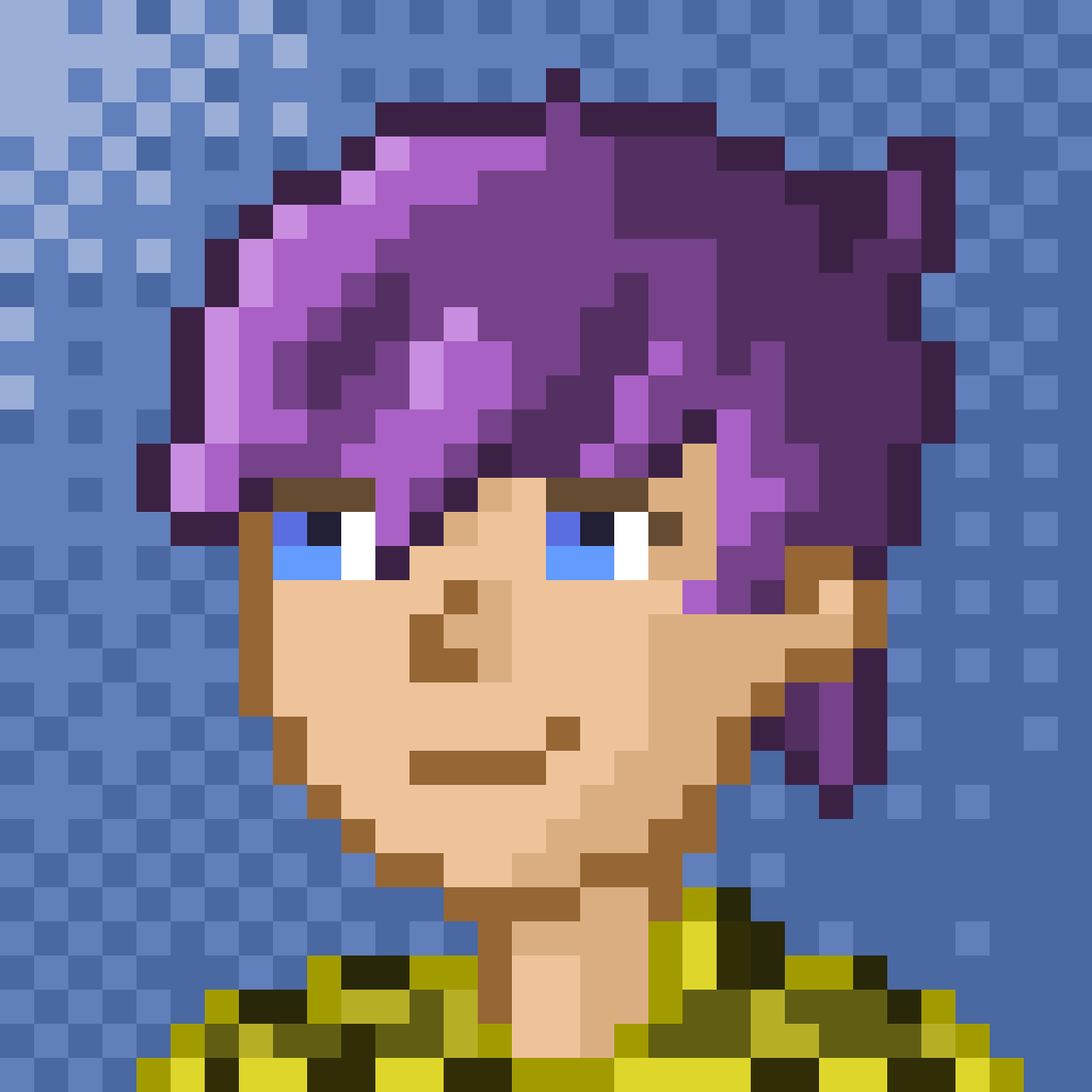My end goal is to get my desktop running functionally like a high-powered Steam Deck with my HDR monitor. I’m beyond fed up with Microsoft and really want a Linux distro to be the primary OS on my PC (and ultimately the only OS once Ubisoft decides to support R6: Siege on Linux). Eventually I’ll switch from my NVIDIA GPU to AMD since everything I’ve read makes AMD out to be far more consumer and Linux friendly than NVIDIA, but in the time being I’d love some help getting this working on my current hardware.
To get KDE Plasma 6 with HDR running, so far I have tried installing the latest HoloIso and Manjaro’s official Plasma desktop stable branch. Before doing all of the below I made sure that the option to use the iGPU ports was disabled in my BIOS.
For HoloIso, I’ve followed the directions from the GitHub readme file and installed from a USB drive to one of my internal 1 TB SSDs. I’m able to boot from the ISO on the USB drive and run the installation tool in HoloIso. The installation seemingly runs successfully and tells me to restart. After restarting and booting into that drive, I see the GRUB menu which disappears quickly, and then I see nothing but a black screen. I have tried booting with both of my monitors connected to my GPU via DisplayPort, and booting with only one monitor connected to my GPU via DisplayPort. Neither seems to solve the issue.
I then went on to try what seemed like a more stable distro that was similar to SteamOS - Manjaro with Plasma. Installation went smoothly and I was able to actually boot into Manjaro after installation. Noticing there was no HDR option in the display settings I did some Googling and found that I was using X11 and not Wayland (which is where the HDR support lies). I did some more Googling and found a guide to switch to Wayland (I can’t find the guide again now dangit) but upon doing so and restarting, all I saw was a black screen.
Honestly, if anyone has any suggestions for what to try I would love some help. I’m familiar with navigating Linux but relatively unfamiliar with installing it and VERY unfamiliar with display technologies so any suggestions for what to try are appreciated.
Like others have said use Endeavour OS instead of Manjarno
Since you want an arch based dostro, i can highly recommend EndevourOS. Its comes with an easy to use installer, many desktop env options and a few quality of life tools like a comandline tool (nvidia-inst) to install nvidia drivers. And if you choose KDE Plasma in the installer, it will default to wayland.
AMD is still by far the better gpu choice for linux, but since explicit sync support is now in the 555 nvidia driver and kde plasma 6.1, most problems that nvidia had (i had) with wayland have seemingly just vanished. So no need to imeadiatly buy a new gpu.
I’m surprised I didn’t see any reference to EndeavourOS when I was looking for alternatives to SteamOS, but with how many people here have recommended it I’ll be sure to see if I’m able to work with that
To get Nvidia working on Arch here is what I did:
During installation of Arch when it asked if I wanted to chroot into my distro I did. However if you enter commandline by hitting CTR+ALT+<F1 or F2 or F3> to change to a virtual console. If you are doing this from a chroot environment you don’t need sudo.
edit the mkinitcpio.conf
sudo nano /etc/mkinitcpio.confIn the MODULES=() section I added “nvidia nvidia_modeset nvidia_uvm nvidia_drm” without quotes. So it looked like this:
MODULES=(nvidia nvidia_modeset nvidia_uvm nvidia_drm)Afterwards I updated my initramfs images by running:
sudo mkinitcpio -PThen I edited my grub config:
sudo nano /etc/default/grubFind the line that says “GRUB_CMDLINE_LINUX_DEFAULT=”“”
GRUB_CMDLINE_LINUX_DEFAULT="nvidia-drm.modeset=1"Then I updated grub
sudo grub-mkconfig -o /boot/grub/grub.cfg
Note: I use the Nvidia Proprietary drivers
Resources: Arch Wiki
I do not recommend Manjaro especially if you are going to be using the AUR (Arch User Repository) as it can cause things to break.
This is a fantastic guide. Thank you so much! I’ll be sure to try this
For what it’s worth, KDE Plasma 6.1.1 and Wayland are working perfectly for me on Fedora 40, but only after installing the newest Nvidia drivers version 555.58, which was only added to the Fedora RPMFusion repo last week. Wayland didn’t work well at all before that.
I do, using endeavourOS, which is basically “arch but with a graphical installer, using some sane defaults”. Not 100% true, but true enough to think of it as such.
If you have no experience installing Linux, either use endeavouros, or go the RFTM way, and use arch. But that last one requires a lot of reading, and grasping quite a lot of Linux concepts, or be willing to learn them.
PS: I do use plain arch on my AMD laptop, but couldn’t be arsed to go through the installation for my Nvidia desktop.
There are other Arch distros with a graphical installer: Garuda (which is my choice of distro) and Manjaro are the main ones I can think of. Doesn’t require the RTFM route, but Arch is definitely not your grandma’s Linux (or maybe it is, I don’t know anyone’s grandma).
While I know of Garuda, I have no experience in using it, hence I cannot recommend it. IIRC it’s also quite gaming-focused? Their default neon look and feel throws me off, I would have to clean it all up for my tastes, which I don´t want to bother with.
I’ve become a lazy arch-based linux distro user…
I think there are quite a few non-gamers in their community, but yes a couple of the DE’s they offer lean into the RGB neon style. I like that they actually provide some style (that I like, luckily) out of the box instead of just a regular ass desktop like every other distro.
Yep you’re right, it’s mainly set up for gaming (especially the Dragonized version). And the theme/style is a bit over the top.
I am with you on the laziness which is why I just accepted the default style :) I may, one day, switch to a different theme. I just wish KDE would not reset the apps I have on the application bar when I do.
I’ll definitely check out Endeavor. A lot of people are suggesting it. I’m far from ready to install a distro without assistance. I struggle hard enough when I have a GUI to work with already lol
I’m using Manjaro as well with an Nvidia card and also had the black screen issue when switching to Wayland. I believe this is what fixed it for me: https://bbs.archlinux.org/viewtopic.php?pid=2156732#p2156732
Just this weekend I installed Manjaro after having tons and tons of issues with SUSE since the Plasma 6 upgrade. I have a laptop with AMD integrated graphics, which Plasma is running on, so your issues may not apply to me. But if I run any apps on the Nvidia GPU in full screen, I do get the flickering issue.
My biggest issue I have is that no matter what distro I use, as soon as I install the proprietary Nvidia driver, my system fails to boot like 20% of the time. It just freezes during boot with no error messages or warnings that I can find. But once it boots, it works.
I’m not sure how to run Plasma on my dedicated GPU so I can see if I have the same issues you have. But with my current setup, it works.
I don’t know how to help with the black screen, but you are on the right track with switching from x11 to Wayland for HDR support.
If you get that resolved, look into gamescope to launch Steam/games using the hdr-enabled flag.
Went through this on opensuse with an AMD build and Wayland + gamescope were the key parts getting it to work for me.
Yeah I’ve seen notes around the internet about Gamescope. I’ll be sure to look further into that when I get the OS working. Thanks for the tip
I’m on endeavour, though i also really liked manjaro. in terms of nvidia+wayland I’d say it’s very flaky.
- vrr works SOMETIMES. i have to log out and in 2-3 times into my account until the option shows in the settings, and also functions as proven using vrrtest-git
- standby corrupts cuda and you’ll need to modprobe or reboot to fix it.
- hdr shows up but looks really grey and colorless for me, but it might be my monitor’s edid being faulty. kde’s sdr color vibrance option didn’t help.
- external screens are dropping frames, down to 30fps, where it was fine on windows with 60.
Keep in mind this is a 3060 laptop gpu. that means it could well be due to mux switching or whatever else. nonetheless i think nvidia seems more reliable on xorg as of this point in time, and I’m not going to buy another nvidia gpu.
this might not apply to desktop cpus at all but i thought I’d share these in case someone else has the issues as well and knows a fix, or knows for sure it’s better on desktop, so i can reconsider my stance for a tower build 🤔
I been on endeavourOS for a few years now and I updated to plasma 6 at some point and just switched over to wayland on my 3080. Works fine in my opinion. Not perfect, but fine.
Running endeavourOS with a 3080 and Plasma since 5.25 (on 6.1.2 now). Never ran x11 and I don’t intend to ever again. My experience is mixed, so to say. There are a few things keeping me on Windows but (very) slowly I’m getting there.
About HDR. I didn’t need to do anything extra to get it enabled on my desktop, simply toggling it on settings works.=, and I can also get mpv to work with some tweaks so I can watch films. On games I would need gamescope to run it, but that comes with a set of issues like not having Steam Overlay and Input, so for HDR games I run them on gamescope without overlay, and every other game I just run them normally. I also have a lengthy writeup on trying to get gamescope to run with the Steam overlay, but ultimately it’s one or the other right now.
On NVIDIA drivers, for me the 555 and explicit sync patches have made things worse. I never had issues with things flickering on 550 except for Electron apps, which would flicker and have awful input lag, but that’s easily fixed by setting
ELECTRON_OZONE_PLATFORM_HINT=waylandon my/etc/environment. The issue with 555 drivers is that there are some VRAM leaks happening. They fill ridiculously fast, even just dragging a window will make kwin use 2GB of VRAM. Since there is no shared VRAM at all on NVIDIA Linux, as soon as I hit my 10GB cap, Xwayland will crash along my game and Steam, and sometimes my desktop too. On 550, I would only get framedrops for a while. I should also note that the proprietary and open drivers have no difference at all for me, and enabling or disabling GSP firmware also has no difference.Lastly, VRR. It will not work at all if you have more than one monitor connected and enabled on your NVIDIA card. A workaround if you have a second GPU (or your CPU’s iGPU) is to plug your extra monitors there, and then VRR will work on your main screen. A second option would be to disable your extra monitors anytime you would play a game, but that’s not ideal at all.
I’m on Arch (actually a converted Antergos) and I have an NVIDIA card as well. My first attempt a few months ago was horrible, bricking my system and requiring a bootable USB an a whole evening to get Linux working again.
My second attempt was recently, and went a lot better. X11 no longer seems to work, so I’m kinda stuck with it, but it feels snappy as long as my second monitor is disconnected. I’ve yet to try some gaming. My main monitor is a VRR 144Hz panel with garbage-tier HDR. The HDR worked out of the box on KDE Plasma, with the same shitty quality as on Windows, so I immediately turned it off again. When my second monitor is connected I get terrible hitching. Every second or so the screen just freezes for hundreds of milliseconds. Something about it (1280x1024, 75Hz, DVI) must not make Wayland happy. No settings seem to change anything, only physically disconnecting the monitor seems to work.






